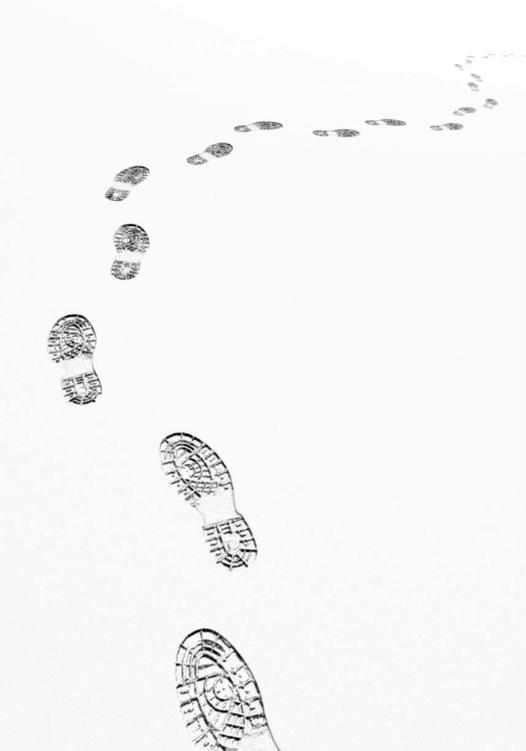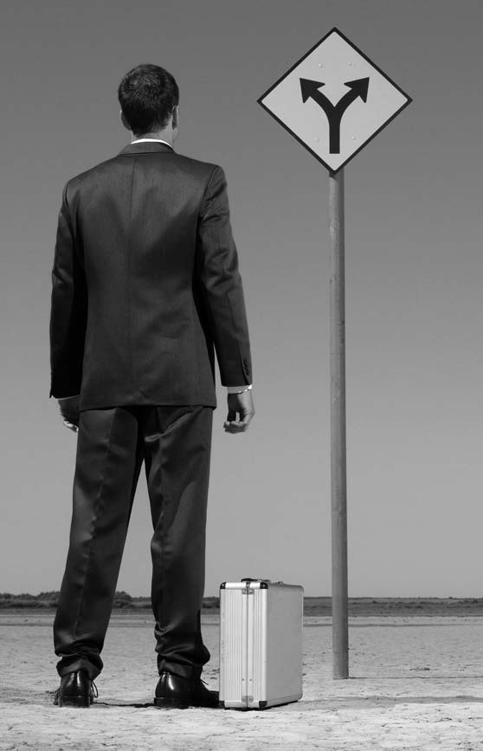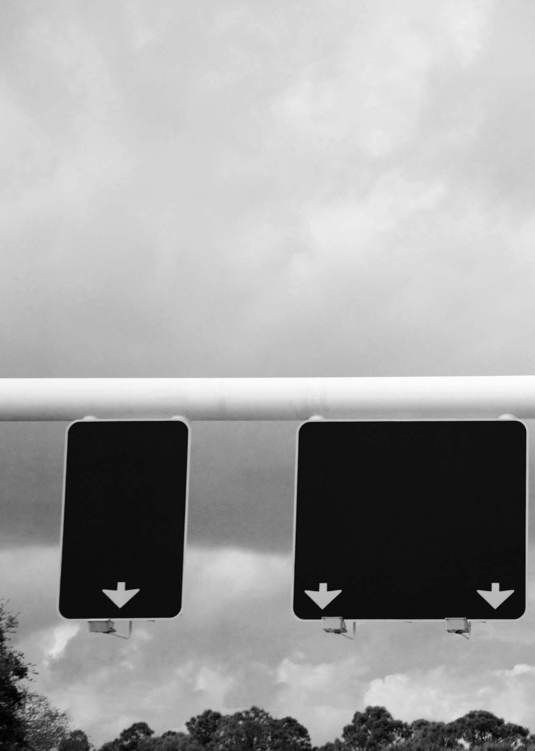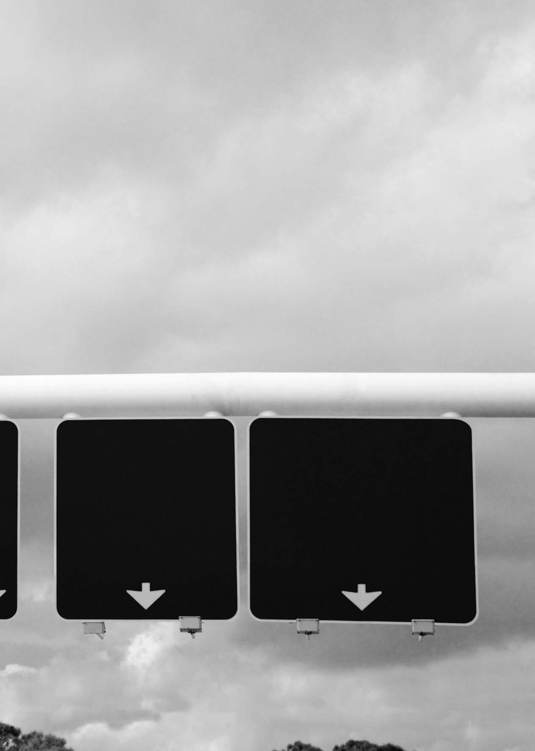What Now? (6 page)
Authors: Ann Patchett

had benefitted enormously from my education, from the rigors of class work and the discipline of study, but really, I had learned how to write from the nuns who taught me patience, and from the Hare Krishna who taught me how to devote my entire self to my beliefs even when it meant looking like a fool. I learned from writing letters, but also from Alice Ilchman’s openness to a stranger.
I learned as much from waitressing as I did from teaching. I learned the most from stick-ing with my dream even when all signs told me it was time to let go. I came to understand that fiction writing is like duck hunting. You go to the right place at the right time with the right dog. You get into the water before dawn, wearing a little protective gear, then you stand behind some reeds and wait for the story to present itself. This is not to say you 7 3
are passive. You choose the place and the day.
You pick the gun and the dog. You have the desire to blow the duck apart for reasons that are entirely your own. But you have to be willing to accept not what you wanted to have happen, but what happens. You have to write the story you find in the circumstances you’ve created, because more often than not the ducks don’t show up. The hunters in the next blind begin to argue, and you realize they’re in love. You see a snake swimming in your direction. Your dog begins to shiver and whine, and you start to think about this gun that belonged to your father. By the time you get out of the marsh you will have written a novel so devoid of ducks it will shock you.
? ? ? ? ? ? ? ? ? ?
7 4

I hadn’t planned on winding up as a waitress, but the truth is there was a lot about the job I liked even if I didn’t think I’d do it forever. I spent my days with good people who were hardworking and resilient. They took their tough times in stride and managed to dream big dreams in between the salads and desserts. I laughed an awful lot in those days, and I felt proud of the money I folded into my pocket at night. Just because things hadn’t gone the way I had planned didn’t necessarily mean they had gone wrong. It took me a long time of pulling racks of scorching hot glasses out of the dishwasher, the clouds of steam smoothing everything around me into a perfect field of gray, to understand that writing a novel and living a life are very much the same thing. The secret is finding the balance between going out to 7 6
get what you want and being open to the thing that actually winds up coming your way. What now is not just a panic-stricken question tossed out into a dark unknown.
What now can also be our joy. It is a declara-tion of possibility, of promise, of chance. It acknowledges that our future is open, that we may well do more than anyone expected of us, that at every point in our development we are still striving to grow. There’s a time in our lives when we all crave the answers. It seems terrifying not to know what’s coming next.
But there is another time, a better time, when we see our lives as a series of choices, and What now represents our excitement and our future, the very vitality of life. It’s up to you to choose a life that will keep expanding. It takes discipline to remain curious; it takes work to be open to the world—but oh my 7 7
friends, what noble and glorious work it is.
Maybe this is the moment you shift from seeing What now as one more thing to check off the list and start to see it as two words worth living by. This is the day you leave this campus, but if you keep your heart and mind open and are willing to see all of the possibilities that are available to you, it will only be the start of your education.
? ? ? ? ? ? ? ? ? ?
If you’re trying to find out what’s coming next, turn off everything you own that has an OFF switch and listen. Make up some plans and change them. Identify your heart’s truest desire and don’t change that for anything. Be proud of yourself for the work you’ve done.
7 8

Be grateful to all the people who helped you do it. Write to them and let them know how you are. You are, every one of you, someone’s favorite unfolding story. We will all be anx-ious to see what happens next.
! ! ! ! ! ! ! ! ! !
8 0



None of us ever outgrows the need for a teacher. It is a fact I recently rediscovered when I was asked to give this commencement address. I was flattered by the invitation and I worked very hard on my speech. What I came up with in the end was something I deemed to be both serious and grand. I stuck to the admonishment of Ezra Pound’s that had meant so much to me when I was an undergraduate: Make it new. I thought I had done exactly that. My speech was not about me, my time in school, or my experiences of trying to become a writer. My speech was ponderous and impersonal, full of necessary information. Like all medicine, it was slightly bitter going down, but I was sure it 8 4

would do this class of graduating seniors a world of good.
In the small cusp of time I had
between writing the address and delivering it, I was by chance scheduled to give a talk with my favorite former college professor, Allan Gurganus. Much of what I know about writing is something Allan taught me. I admire him both as a novelist and as a person who knows a thing or two about how to live a fully engaged life. Allan had stepped up to the podium at Sarah Lawrence to give a graduation address many years before me, and when I told him I was going to follow in his footsteps he was pleased. He said he’d like to read what I’d written. I said yes without a moment’s hesitation.
It had been many, many years since I had turned a paper in for my teacher’s 8 6
review, but wasn’t this the perfect moment?
Wouldn’t Allan’s critique be just the thing to make going back to Sarah Lawrence complete? As soon as I was home again I sent it to him, then settled in to wait for my high marks.
His e-mail reply came quickly. “The bit about your father works,” he said. “You might be able to build something around that.”
I checked my speech again. The bit about my father was nothing but a passing reference, one lonesome sentence. What about the rest of it?
“No,” he said. “Sorry. No.”
Walking that careful line between gentle and firm, my favorite teacher was then forced to tell his grown-up student that her commencement speech could not be saved. If 8 7


